April is Earth Month. These resources show how to integrate climate change into the curriculum across content areas, introduce students to concepts of climate denial and climate justice, and emphasize environmental issues on the local and national levels.
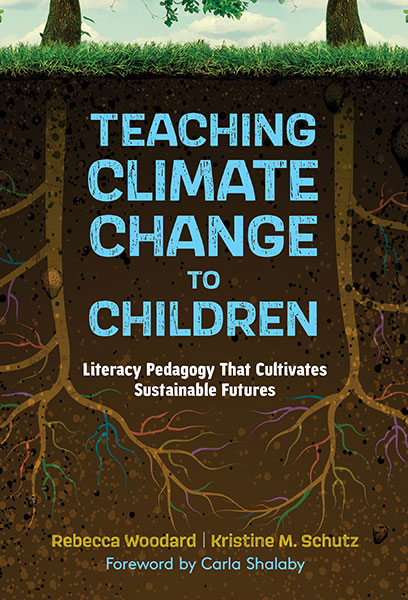
Teaching Climate Change to Children
Literacy Pedagogy That Cultivates Sustainable Futures
Rebecca Woodard and Kristine M. Schutz Replete with classroom examples, this book demonstrates that young children (pre-K–6) are capable of learning about climate change; that climate change and social justice are inextricable from each other; and that literacy instruction is well-suited to this work. The authors take an emotionally affirming stance and examine the potential of incorporating arts-based methods.
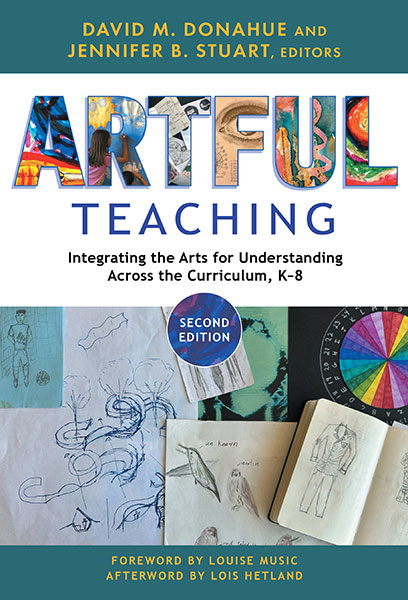
Artful Teaching (Second Edition)
Integrating the Arts for Understanding Across the Curriculum, K–8
Edited By: David M. Donahue and Jennifer B. Stuart This updated edition features scholarship and art at the forefront of contemporary practice and addresses social justice issues such as racial, climate, and economic justice. Readers will find concrete ideas along with lively examples of public school teachers integrating visual arts, music, drama, and dance with subject matter that includes English, social studies, science, and mathematics.
Place-Based Social Studies Education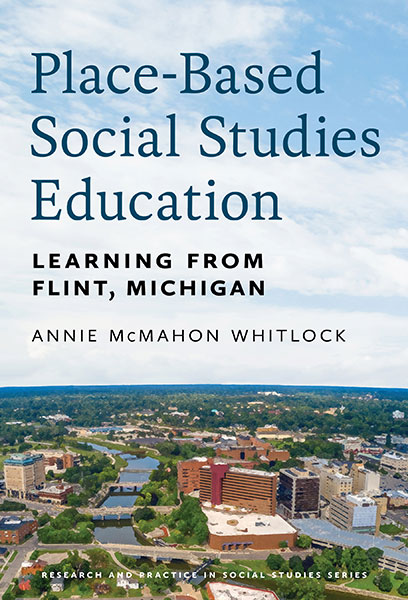
Learning from Flint, Michigan
Annie McMahon Whitlock
Whitlock scrutinizes the Flint water crisis to drive critical inquiry in the classroom, and to show how the curriculum can propel social change. Written in an accessible journalistic style, the text includes interviews with stakeholders in Flint and offers key “takeaways” to help educators apply place-based education in pre-K–16 classrooms.
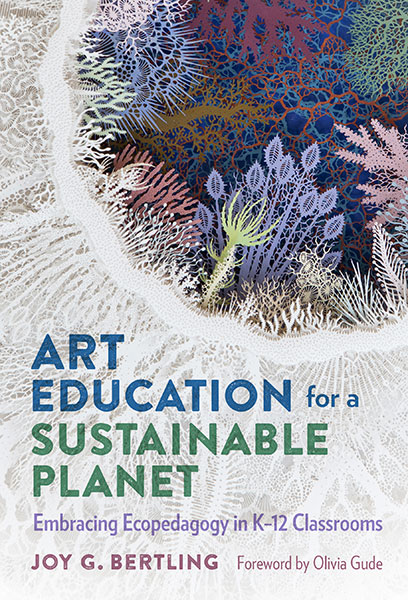
Art Education for a Sustainable Planet
Embracing Ecopedagogy in K–12 Classrooms
Joy G. Bertling
This full-color book provides practical guidance and concrete strategies for educators interested in enacting ecological art instruction in the K–12 classroom. Curricular themes include attentiveness, relationality, co-creation, consumption, progress, cultural desire, identity stories, restoration, and coalitions. The text includes many images of contemporary eco-artworks, curriculum framework tables, and reflective questions.
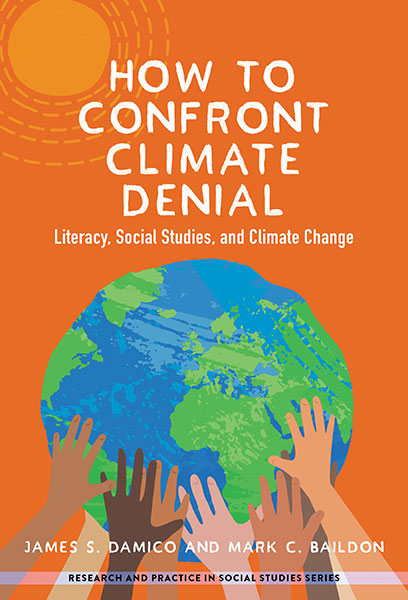
How to Confront Climate Denial
Literacy, Social Studies, and Climate Change
James S. Damico and Mark C. Baildon
Climate change and climate denial have remained largely off the radar in literacy and social studies education. This book addresses that gap with the design of the Climate Denial Inquiry Model (CDIM) and clear examples of how educators and students can confront two forms of climate denial: science denial and action denial.
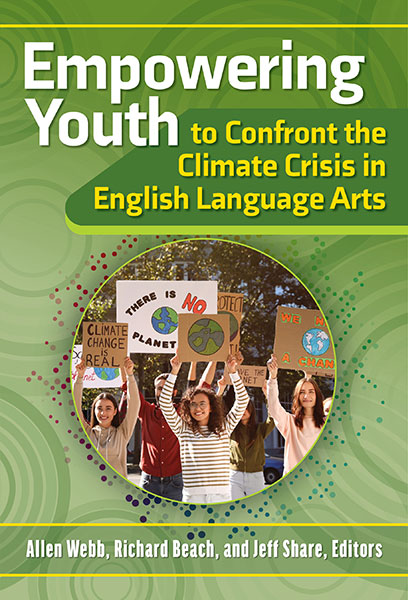
Empowering Youth to Confront the Climate Crisis in English Language Arts
Edited By: Allen Webb, Richard Beach, and Jeff Share
Discover how English teachers and their students confront the climate crisis using critical inquiry, focusing on justice, and taking action. This much-needed book describes outstanding English instruction that includes creative and analytical writing; critical place-based learning; contemporary “cli-fi;” young adult, Indigenous, and youth-authored literature; Afrofuturism; critical media analysis; digital media production; and much more.
